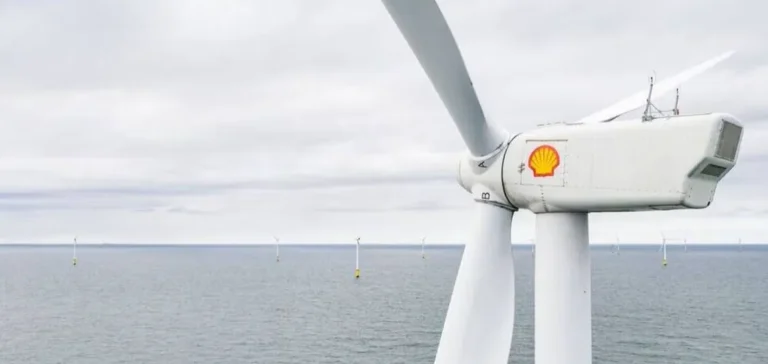The Trump administration’s decision to suspend already authorised offshore wind projects in the United States sends a negative signal to the sector’s stakeholders, according to Shell U.S. President Colette Hirstius. In an interview, she warned that this regulatory instability damages the long-term attractiveness of the U.S. energy market for investors.
Shell criticises U.S. regulatory volatility
Colette Hirstius stated that energy projects with full permits should be allowed to proceed. She noted that an uncertain regulatory environment is a major obstacle to industrial investment. Political decisions that favour one energy segment at the expense of another create an unpredictable climate that multinational companies find difficult to manage.
In her remarks, she warned that the American political pendulum could swing back against hydrocarbons if renewable energy continues to face blockages. “I think regulatory uncertainty is very damaging. However far the pendulum swings one way, it’s likely to swing just as far the other way,” she said.
Twelve offshore projects cancelled and funding withdrawn
In August, the Trump administration withdrew $679mn in federal funding allocated to 12 offshore wind projects. This decision called into question several previously approved programmes that had been central to the former administration’s energy strategy.
Shell, which employs over 11,000 people in the United States, is also the largest producer of oil and gas in the Gulf of Mexico. Its growing involvement in renewable energy in the U.S. was part of a broader diversification strategy. The sudden suspension of authorised projects could now challenge some of its expansion plans.
A market destabilised by political shifts
The cancellation of these projects poses a risk to supply chains and ongoing infrastructure contracts, according to several industry companies. For developers, this uncertainty also weighs on the profitability of investments already made.
The Shell U.S. president stressed the importance of ensuring a stable regulatory framework to enable operators to make long-term decisions. “I would certainly like to see those projects that have been permitted in the past continue to be developed,” she added.






















